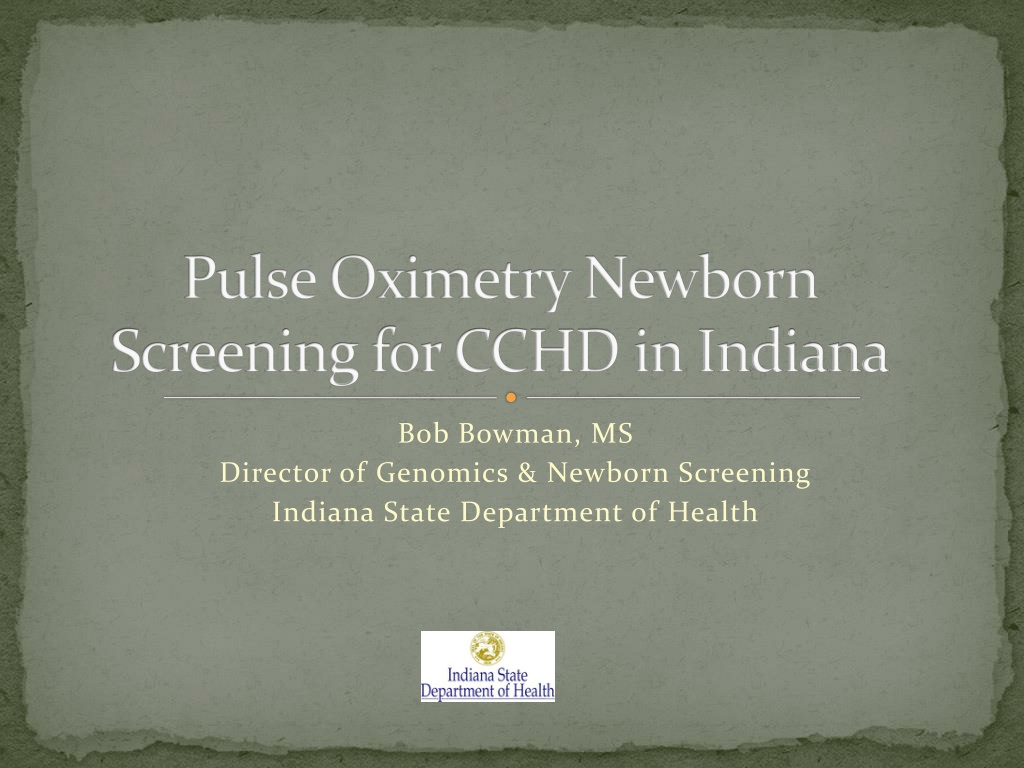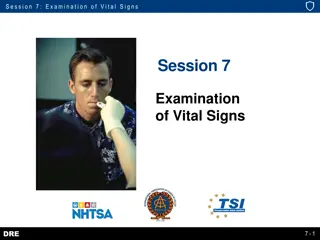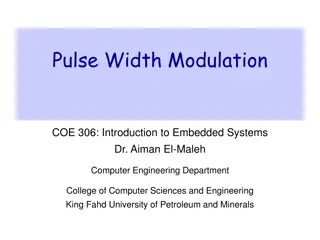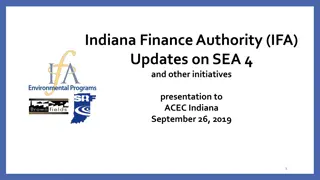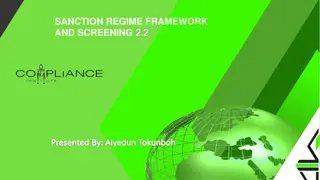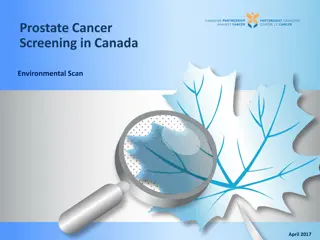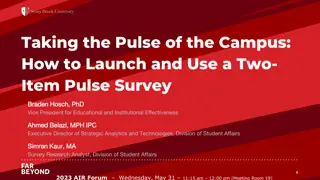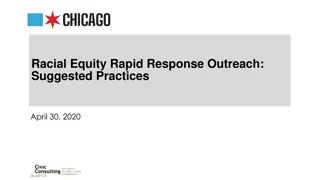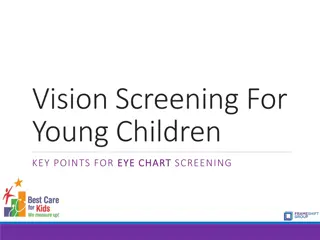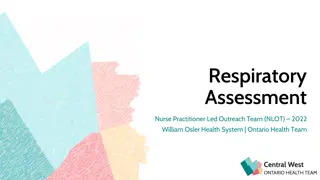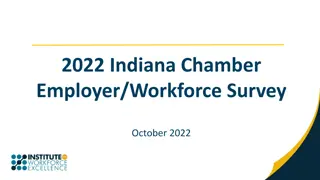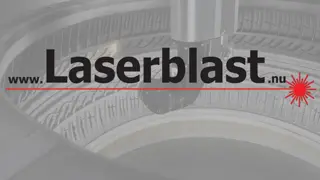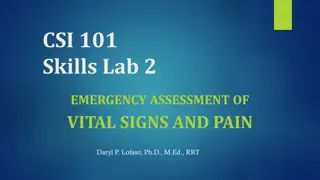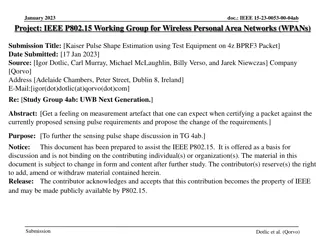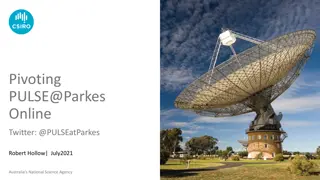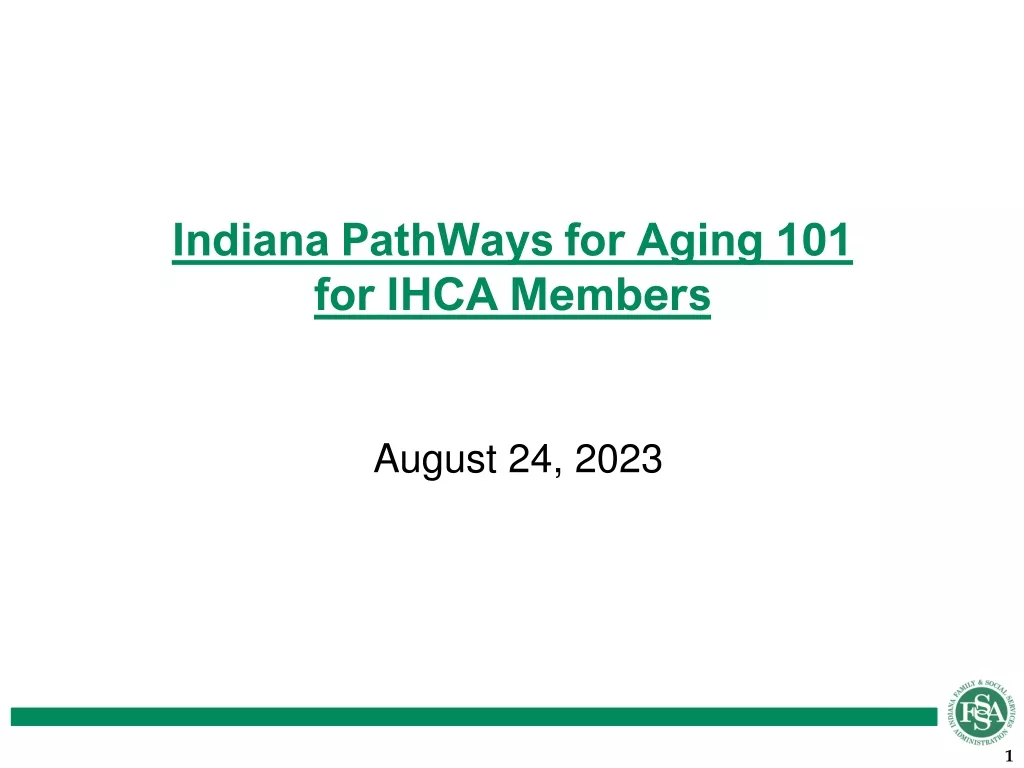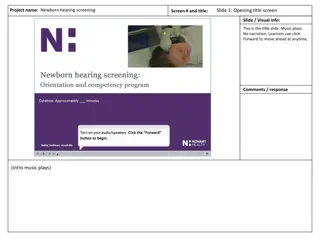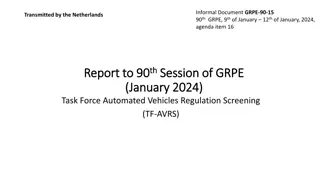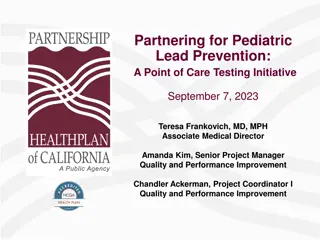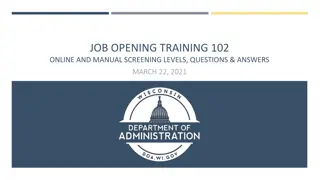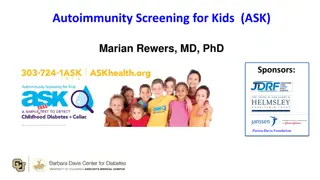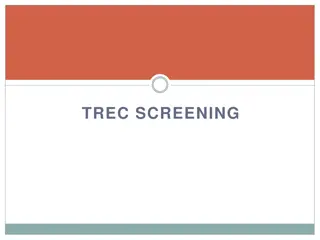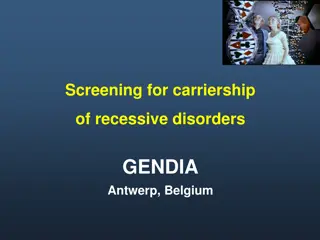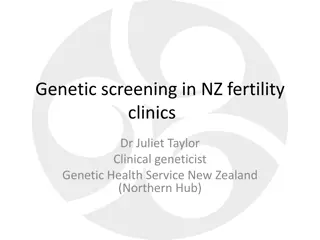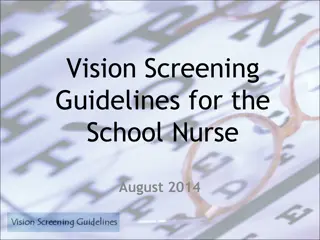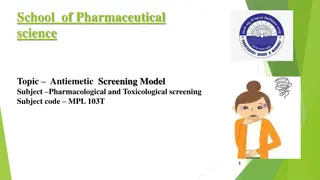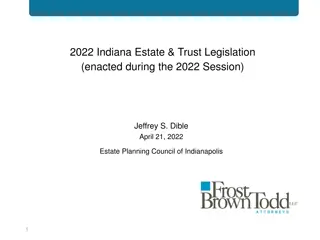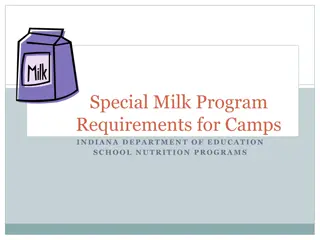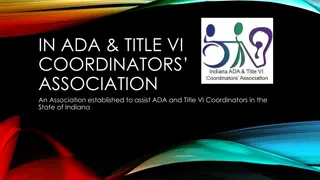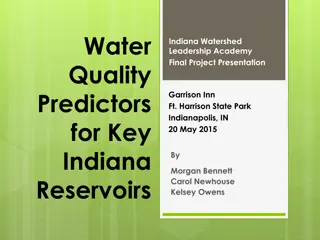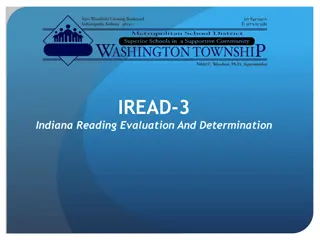Implementing Pulse Oximetry Screening for CCHD in Indiana
Indiana implemented pulse oximetry screening for Critical Congenital Heart Disease (CCHD) for all newborns as mandated by state law. The legislation, effective from January 1, 2012, requires every newborn in Indiana to receive CCHD screening, with exceptions only for religious beliefs. The state worked with healthcare professionals to ensure the successful implementation of this screening, providing educational materials and updating religious waiver forms. The ISDH NBS website serves as a resource for professionals involved in CCHD screening.
Download Presentation

Please find below an Image/Link to download the presentation.
The content on the website is provided AS IS for your information and personal use only. It may not be sold, licensed, or shared on other websites without obtaining consent from the author. Download presentation by click this link. If you encounter any issues during the download, it is possible that the publisher has removed the file from their server.
E N D
Presentation Transcript
Pulse Oximetry Newborn Screening for CCHD in Indiana Bob Bowman, MS Director of Genomics & Newborn Screening Indiana State Department of Health
Legislative Action June 2011: Indiana General Assembly amended state newborn screening law (IC 16-41-17) to include pulse oximetry screening for critical congenital heart disease (CCHD) Implementation date: January 1, 2012 What did this mean for Indiana? Pulse oximetry screening for CCHD included as part of state-mandated NBS panel Every baby born in Indiana is required to receive CCHD Only legal reason parents/guardians may refuse: based on parents /guardians religious beliefs
Implementing CCHD Screening ISDH needed: Complete recommendations from SACHDNC To determine the capacity of Indiana birthing facilities to do CCHD screening Feedback from Pediatric Cardiologists in Indiana To determine how birthing centers felt about implementing CCHD screening Identify what data would be collected and how it would be collected Worked w/ pediatric cardiologists, neonatologists, nurses Surveyed birthing facilities Sent e-blasts to physicians
Educational Materials Updated state Religious Waiver form to include refusal of pulse oximetry screening Indiana s NBS law states that the only legal reason parents/guardians can refuse any portion of NBS is if they object to NBS due to their religious beliefs Updated NBS Professionals website to include current information about CCHD screening & answers to FAQs Created parent education sheet for CCHD screening in Indiana General information sheet for all parents
ISDH NBS Professionals Website for CCHD Screening http://www.in.gov/isdh/25250.htm
Parent CCHD Education Sheet Developed/written by ISDH NBS Program Approved by ISDH Office of Public Affairs (OPA) Reviewed for parent-appropriate content & literacy level by mother of Indiana child whose daughter had one of the heart defects detectable by CCHD screening
CCHD Screening Data Collection Methods of collecting CCHD screening data for all children include: Direct electronic transmission of birth data & pulse oximetry data from birthing facilities to ISDH Repository Contract with Oz Systems Manual entry of pulse oximetry data onto heelstick card at birthing facility Necessary for midwiferies and those facilities that cannot transmit data electronically
Monthly Summary Report (MSR) INSTEP: Web-based application used by all birthing facilities to submit Monthly Summary Reports (MSRs) CCHD MSR includes detailed information on children born in Indiana who either: Did not pass CCHD screening Facilities are required to report where child will receive his/her follow-up care Did not receive a valid CCHD screen Facilities are required to report the reason ( exception ) why a child did not receive a valid CCHD screen Transferred to other birthing facility before 24 hours of age NICU Deceased before 24 hours of age Prenatally / postnatally diagnosed with CCHD Parents / guardians signed Religious Waiver refusing CCHD screen Discharged home without receiving valid CCHD screen (typically due to unauthorized refusal of CCHD screen by parent / guardian)
INSTEP & IBDPR INSTEP will partner with Indiana Birth Defects & Problems Registry (IBDPR) Another web-based application developed, maintained, & used by Genomics/NBS Program IBDPR collects information on birth defects for all children born in Indiana from birth up to age 3 (age 5 for FAS & autism) Data obtained from direct physician reporting & hospital discharge data (HDD) IBDPR staff performs medical record audits on all children reported to IBDPR through HDD
INSTEP & IBDPR (cont.) ISDH NBS Program will utilize data contained in IBDPR in order to: Ensure that all children who did not pass CCHD screen received timely & appropriate follow-up care (including echocardiogram) Evaluate health-related outcomes for children who are diagnosed with at least one of the critical congenital heart defects detectable by CCHD screening Regardless of child s CCHD screen results (passed/did not pass) Evaluate & potentially modify current standards of care for Indiana children with CCHD
